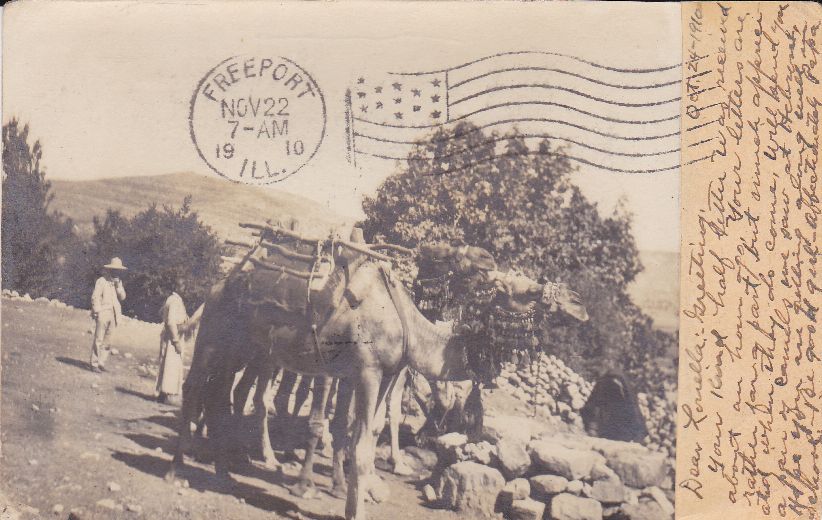Ramayana
I found a story about Dawali in Ramayana today. This story explains that why Indians have Dawali. Before I wrote down the the story, let me just give you some background information of Ramayana.Ramayana is a very important Hindu epics, it tells the story of hero Rama. It depicts the duties of relationships, portraying ideal characters like the ideal father, ideal son, ideal wife and the ideal king. The hero, Rama, lived his whole life by the rules of dharma; in fact, that was why Indian consider him heroic. When Rama was a young boy, he was the perfect son. Later he was an ideal husband to his faithful wife, Sita, and a responsible ruler of Aydohya. "Be as Rama," Dilijan told me that she has been taught in this way for her whole life; "Be as Sita."
The story of Prince Rama
So here is the story of Rama:
Prince Rama was the eldest of four sons and was to become king when his father retired from ruling. His stepmother, however, wanted to see her son Bharata, Rama's younger brother, become king. Remembering that the king had once promised to grant her any two wishes she desired, she demanded that Rama be banished and Bharata be crowned. The king had to keep his word to his wife and ordered Rama's banishment. Rama accepted the decree unquestioningly. "I gladly obey father's command," he said to his stepmother. "Why, I would go even if you ordered it."
When Sita, Rama's wife, heard Rama was to be banished, she begged to accompany him to his forest retreat. "As shadow to substance, so wife to husband," she reminded Rama. "Is not the wife's dharma to be at her husband's side? Let me walk ahead of you so that I may smooth the path for your feet," she pleaded. Rama agreed, and Rama, Sita and his brother Lakshmana all went to the forest.
When Bharata learned what his mother had done, he sought Rama in the forest. "The eldest must rule," he reminded Rama. "Please come back and claim your rightful place as king." Rama refused to go against his father's command, so Bharata took his brother's sandals and said, "I shall place these sandals on the throne as symbols of your authority. I shall rule only as regent in your place, and each day I shall put my offerings at the feet of my Lord. When the fourteen years of banishment are over, I shall joyously return the kingdom to you." Rama was very impressed with Bharata's selflessness. As Bharata left, Rama said to him, "I should have known that you would renounce gladly what most men work lifetimes to learn to give up."
The parallel between cultures
I started thinking about the same features that India culture and Western culture share yesterday. Even though these civilizations exist in different period of time and have different locations, we have a lot of things in common.
We both have a festival that we can celebrate our happiness with our family. Indians have Dawali, which also signifies the victory of overcome the darkness. And we have Christmas and Thanksgiving.
We both use epic poems to demonstrate what kind of personalities do we value, and to teach people a lesson of what they should do. Indians use Ramayana to teach people that performing your Dharma is your sacred duty. Being a good person means to take up your responsibility. And we use The Iliad and The Odyssey to demonstrate our values such as: sports and military skills are important, civic virtue is what you should have, and fighting for your polis is honorable.
Isn't is amazing that two different cultures both camp up with the idea of using epic poems to provide a moral code for their citizens?
And, I am super homesick now, so I wrote a postcard to my family.



I like the back story included in your post just be careful of those unnecessary words.
ReplyDelete